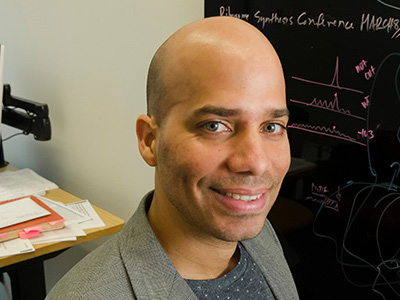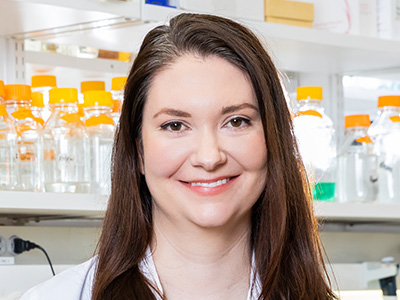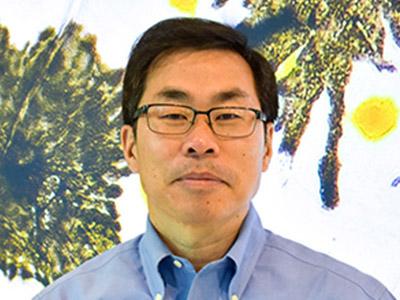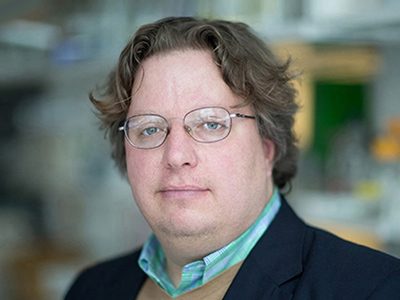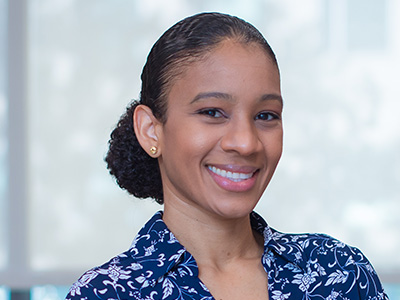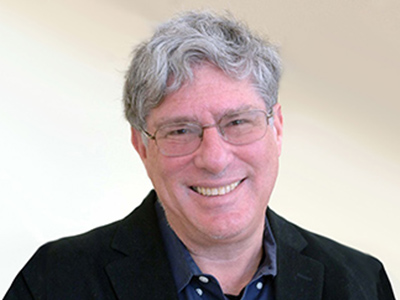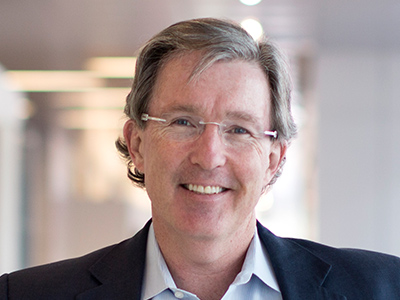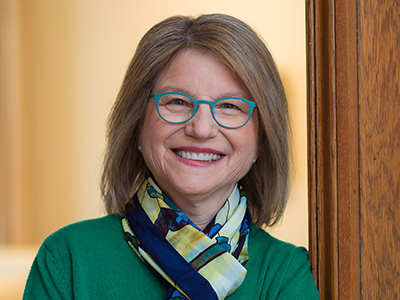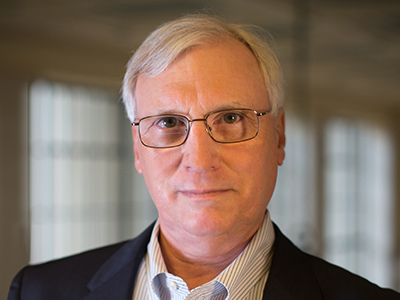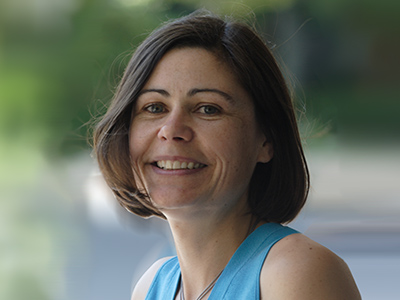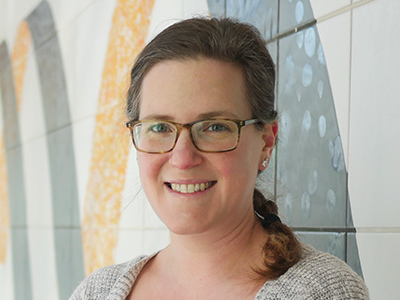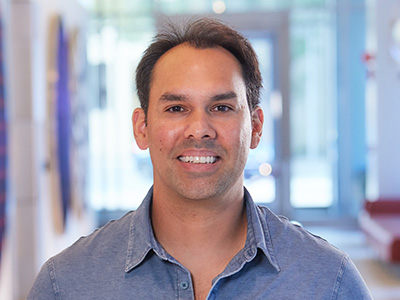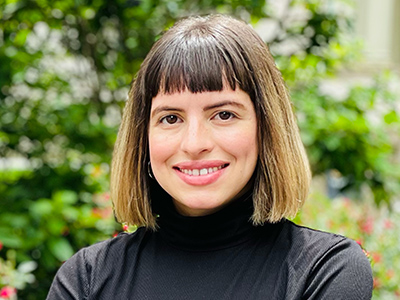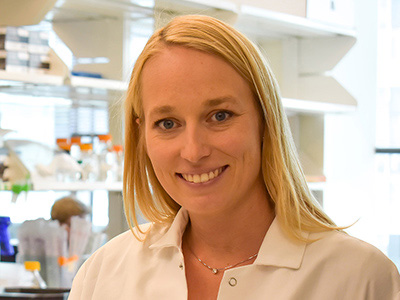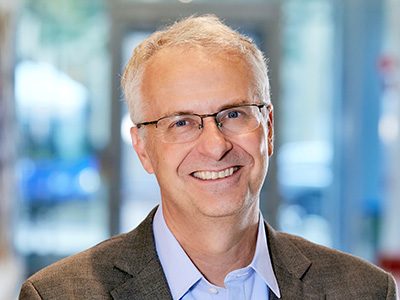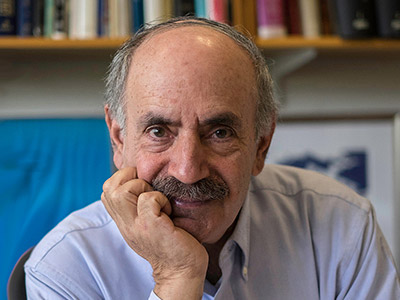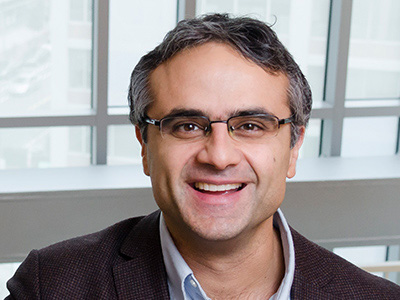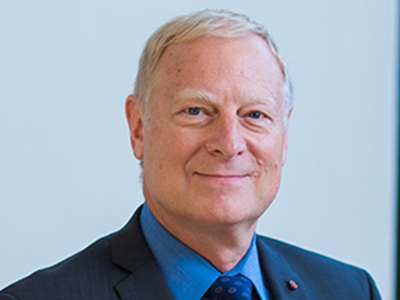Eliezer Calo studies how cells build ribosomes and how dysfunction in ribosome biogenesis and function leads to tissue-specific developmental disorders and cancer.
Lindsay Case studies how molecules are concentrated and organized at the plasma membrane to regulate transmembrane signaling.
Jianzhu Chen studies the immune system, harnessing the body’s defense force to explore treatment and prevention for cancer, as well as metabolic and infectious diseases.
Michael T. Hemann uses mouse models to combat cancers resistant to chemotherapy.
Whitney Henry studies ferroptosis in human health and disease with a focus on cancer.
David Housman studies the biological underpinnings of diseases like Huntington’s, cancer, and cardiovascular disease.
Tyler Jacks is interested in the genetic events contributing to the development of cancer, and his group has created a series of mouse strains engineered to carry mutations in genes known to be involved in human cancers.
Matthew Jones integrates computational and technological advances to decode the molecular processes underlying spatiotemporal tumor evolution, with a focus on genomic instability and extrachromosomal DNA.
Sally Kornbluth
President of MIT
Sally Kornbluth is President of MIT.
Douglas Lauffenburger fosters the interface of bioengineering, quantitative cell biology, and systems biology to determine fundamental aspects of cell dysregulation — identifying and testing new therapeutic ideas.
Jacqueline Lees develops mouse and zebrafish models, identifying the molecular pathways leading to tumor formation.
Alison E. Ringel seeks to understand the molecular adaptations that enable immune cells to function and survive within unfavorable environments.
Francisco J. Sánchez-Rivera aims to understand how genetic variation shapes normal physiology and disease, with a focus on cancer.
Phillip A. Sharp
Professor Emeritus
Before closing his lab, Phillip A. Sharp studied many aspects of gene expression in mammalian cells, including transcription, the roles of non-coding RNAs, and RNA splicing.
Yadira Soto-Feliciano studies chromatin and epigenetic regulation in normal development and cancer.
Stefani Spranger studies how the body’s immune system interacts with growing tumors to harness the immune response to fight cancer.
Matthew Vander Heiden is interested in the role that cell metabolism plays in mammalian physiology, with a focus on cancer.
Robert A. Weinberg studies how cancer spreads, what gives cancer stem-cells their unique qualities, and the molecular players involved in the formation of cancer stem cells and metastases.
Michael B. Yaffe studies the chain of reactions that controls a cell’s response to stress, cell injury, and DNA damage.
Omer H. Yilmaz explores the impact of dietary interventions on stem cells, the immune system, and cancer within the intestine.
Richard A. Young explores how and why gene expression differs in healthy versus diseased cells.

